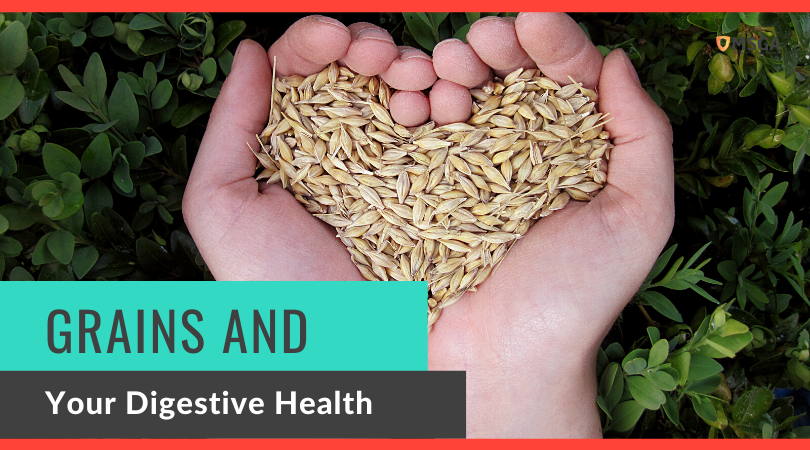There are approximately 60 to 70 million people in the United States who live with digestive illnesses and conditions. Some of the most common symptoms of digestive conditions include stomach pain, cramps, diarrhea, constipation, and fatigue. What many people don’t realize is that grains, commonly seen as healthy food, might actually be contributing to someone’s stomach pain. When it comes to grains and gut health, there are a few important points to remember. Some grains might lead to digestive problems while others could be the best grains for gut health.
Are Grains Bad For Your Gut?
Many people are wondering if grains and gut health go together. The answer is, it depends. For the vast majority of people, it is important to focus on whole grains while staying away from processed carbs. Whole grains are an important part of a healthy and well-balanced diet because they provide vitamins, minerals, and fiber that are necessary for keeping the gut in a healthy state. They also help maintain the microbiome of the gut, which keeps the digestive system healthy.
On the other hand, there are a number of reasons why grains might also be bad for the gut. Some people have chronic conditions that may cause the gut to react in a negative way to grains. Some of these conditions include celiac disease, irritable bowel syndrome (IBS), inflammatory bowel disease (IBD), and wheat intolerance. These are chronic conditions that can make grains bad for the gut as a whole.
Why Do Grains Hurt My Stomach?
Those who suffer from these conditions can actually experience pain when they ingest certain types of grains. When the body is sensitive to whole grains, it responds with inflammation. Inflammation in the gut can lead to pain, cramping, nausea, diarrhea, gas, fatigue, and even headaches. In a sense, the gut reacts to these grains in a manner that is similar to an allergic reaction. Grains and gut health might have an inverse relationship.
Are Grains Inflammatory?
Given the description above, grains can be inflammatory in certain situations. An allergic reaction is a specific type of inflammation. The body, specifically the gut, views grains as foreign invaders. Therefore, the body is going to respond with an immune reaction. The immune system will release proteins, hormones, and other molecules that will cause inflammation to develop. Some of the most common signs of inflammation include pain, redness, and swelling. When this happens in the gut, the consequences are nausea, vomiting, diarrhea, bloating, and gas. In this sense, grains can be inflammatory for people who suffer from the chronic conditions discussed above.
Are Grains Hard to Digest?
Some grains are hard to digest while others are not. Refined grains are relatively easy for the digestive tract, making them one of the best grains for gut health. On the other hand, whole grains, the grains that are typically seen as healthy, are more challenging for the body to break down. Because the grains are whole, their molecular structures are more complex. This can make it harder for the body to consume them.
Therefore, anyone who is having digestive difficulties may want to take a look at his or her diet. Try to find the best grains for gut health, which might mean staying away from whole grains.

